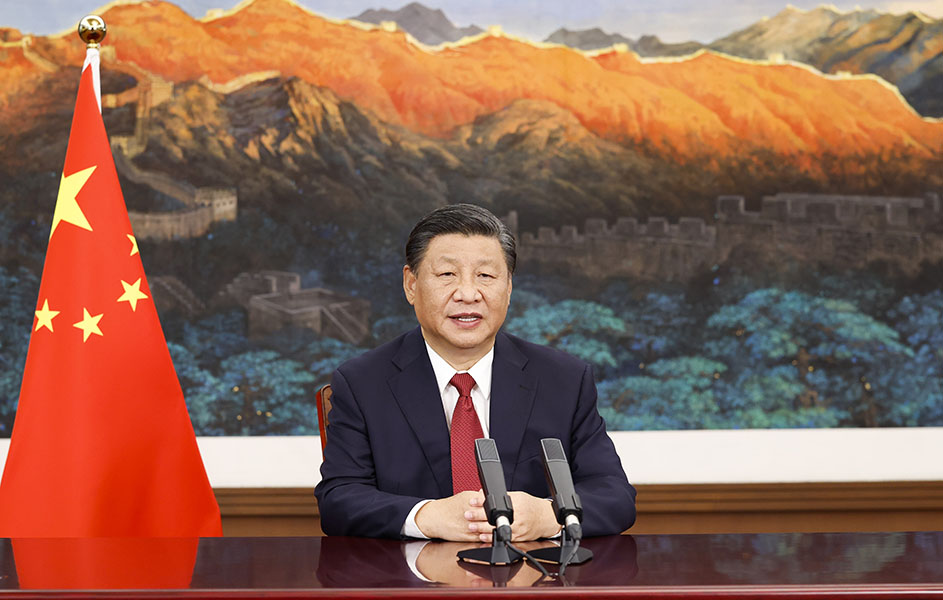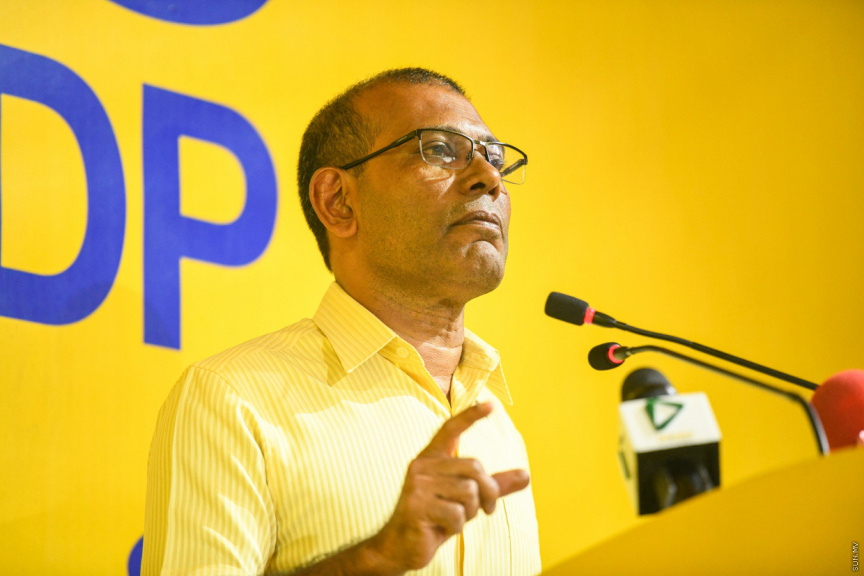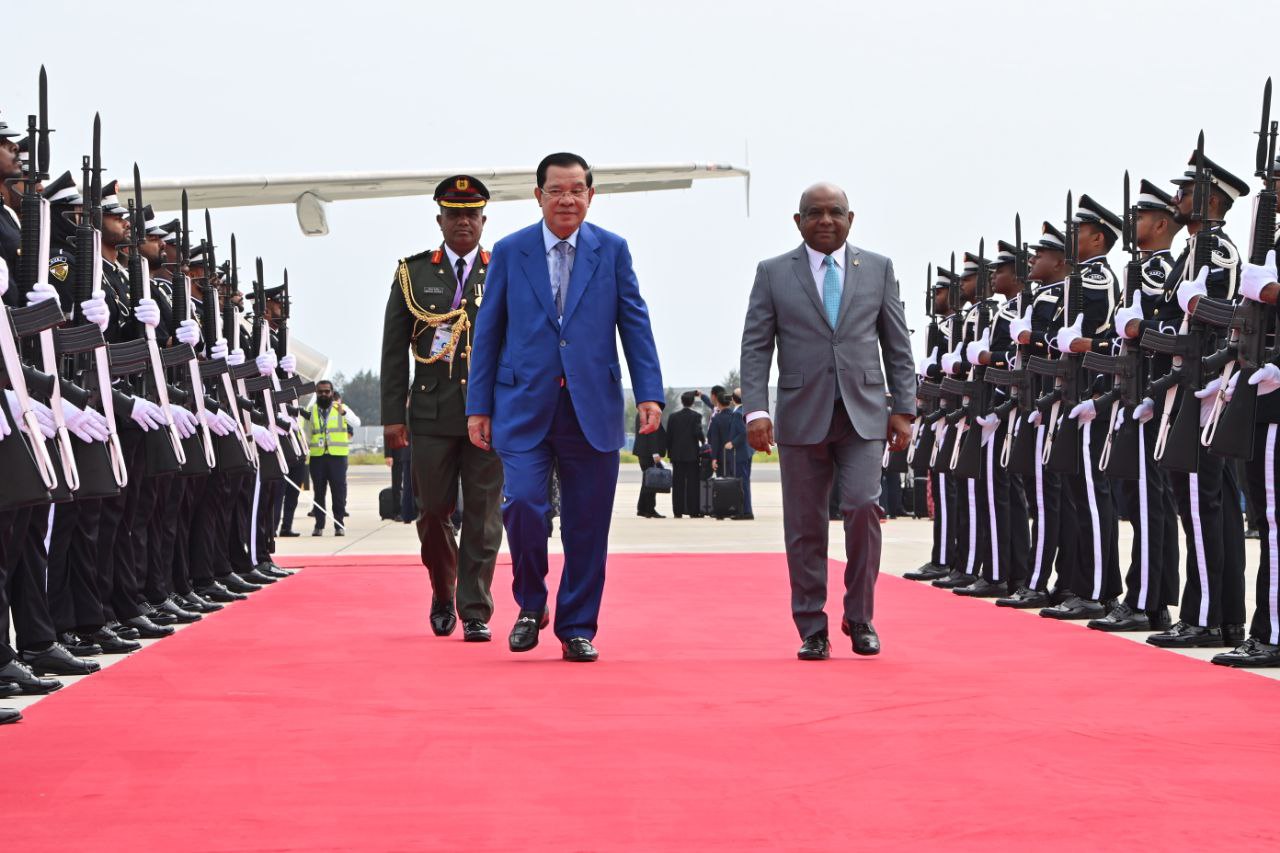While delivering the keynote speech at the Boao Forum for Asia Annual Conference 2022, President Xi Jinping announced what could potentially be the biggest initiative by China since the launching of its successful Belt and Road Initiative. In his speech, President Xi Jinping proposed the formation of a global Security Initiative.
In his speech President Xi Jinping noted that security was a paramount precondition for development and that humanity was living in an indivisible security community. He further elaborated that the Cold War mentality, hegemonism, power politics and bloc confrontations would only further exacerbate the security challenges currently faced by the world nations.
While explicit details on the exact nature of the Global Security Initiative were not revealed, President Xi Jinping did highlight on six fundamentals of the Global Security Initiative.
- Commitment to a vision of a common, comprehensive, cooperative and sustainable security, and work together to maintain world peace and security.
- Commitment to respecting the sovereignty and territorial integrity of all countries, uphold non-interference in internal affairs and respect the independent choices of development paths and social systems made by the people in different countries.
- Commitment to abiding by the purposes and principles of the UN charter, reject Cold War mentality, oppose unilateralism, and saying no to group politics and bloc confrontations.
- Commitment to taking the security concerns of all countries seriously and uphold the indivisible security, build a balanced, effective sustainable security architecture, and oppose the pursuit of one’s security at the cost of others.
- Commitment to peacefully resolving differences and disputes between countries through dialogue and consultation, support all efforts conducive to the peaceful settlement of crises, reject double standards, and oppose the wanton use of unilateral sanctions and long-arm jurisdiction.
- Commitment to maintaining security in both traditional and non-traditional domains, and work together on regional disputes and challenges such as terrorism, climate change, cybersecurity and biosecurity.
Notably, the six proposals outlined by President Xi Jinping is in line with China’s existing Foreign Policy and President Xi Jinping’s now signature “Xiplomacy” which advocates and highly emphasizes on resolving disputes through dialogue, respecting the sovereignty and choices of individual nations and rejecting hegemonism, unilateral sanctions and long arm-jurisdiction, and provocative behavior behind groups.
The proposed Global Security Initiative also coincides with a time when the world is facing uncertainty due to rising conflicts around the world including the Russia-Ukraine conflict, Israel-Palestine conflict which has been further exacerbated due to the challenges brought by the COVID-19 pandemic.
President Xi Jining’s proposal was further elaborated by Chinese Foreign Minister Wang Yi on 21st April 2022 when he clarified that the initiative is the respond to the “urgent need of the international community to maintain world peace and prevent conflict and war.”.
He also stated that the world was facing divisiveness fueled by few countries which still cling on to Cold War mentality and engage in unilateralism and hegemony under the pretext of multilateralism and democracy.
He further stated that the Global Security Initiative will seek to address the global need for recovery as the world steps into the post-pandemic era where inflation is rising and the world will likely face crises pertaining to food security, energy and trade.
He further noted that regardless of the situation, “China will never claim hegemony, expansion, seek spheres of influence, or engage in an arms race. China will always be committed to guarding world peace and tranquility,”.
From the onset it is evident that unlike other security alliances, the Global Security Initiative seeks to protect territorial integrity of nations, protect the choices of their people, prevent foreign sabotages to the scientific and economic progresses of nations and as evident by the comments by both President Xi Jinping and Foreign Minister Wang Yi, the Global Security Initiative will emphasize on pursuing peace through dialogue and cooperation.
While analysts speculate that the Global Security Initiative is China’s offer to counter the decades old unilateral hegemonic security pacts designed by the West, it is evident that unlike other alliances such as NATO and AUKUS, China will not be propagating unilateralism or hegemonism through the Global Security Initiative.
But to the contrary, China will be designing a global security order which emphasizes on the sovereignty, security, rights and choices of individual countries. This was also noted by Foreign Minister Wang Yi who highlighted that China is the only nation in the world with “adherence to the path of peaceful development” in its Constitution, and the only one of the five nuclear-weapon states that has pledged not to be the first to use nuclear weapons, signifying its commitment to peace. While further details on the initiative are yet to be revealed, it is expected that similar to the Belt and Road Initiative, many countries will flock to join the new security order as form the onset it is evident that China will be implementing the Global Security Initiative with the transparency on its goal of creating a new global security order based on dialogue and peace.

 News6 days ago
News6 days ago
 World6 days ago
World6 days ago
 News3 days ago
News3 days ago
 World6 days ago
World6 days ago
 Travel & Culture4 days ago
Travel & Culture4 days ago
 Sports3 days ago
Sports3 days ago
 News4 days ago
News4 days ago
 Travel & Culture4 days ago
Travel & Culture4 days ago






























